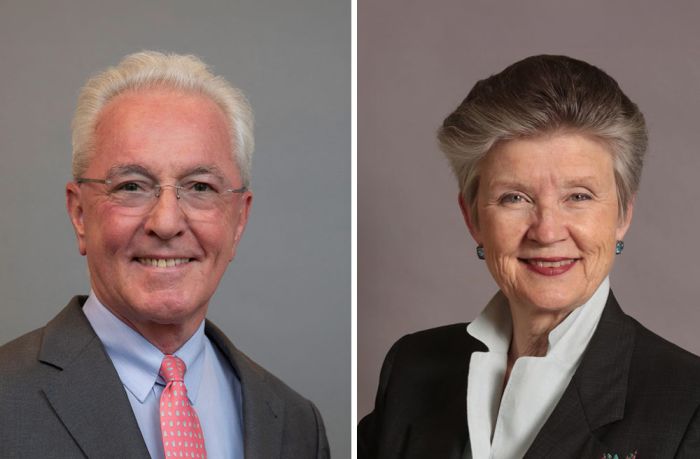- within Litigation, Mediation & Arbitration, Employment and HR and International Law topic(s)
- in United Kingdom
- with readers working within the Property and Retail & Leisure industries
Dr. Anton Maurer's career as an international lawyer in or with respect to more than 65 countries has led to his recognition as a trusted neutral in jurisdictions such as China, Switzerland, India, England, Brazil, Korea, Germany and the U.S. He is listed on the panels of more than 10 international arbitral institutions in the USA, Europe, Asia, and Brazil. Based on 30 years of experience, he recently updated and published the second edition of his book, The Public Policy Exception Under the New York Convention.
This treatise is intended to guide the drafting of arbitration agreements for use in international commerce as well as arbitral awards to be enforced abroad, and facilitate the enforcement of arbitral awards in other countries. The enforceability of arbitral awards is crucial to the ability of private and public companies to do business internationally. As Dr. Maurer observes, "[I]nternational trade thrives on the enforcement of the rule of law ... without such enforcement, parties would be reluctant to enter into cross-border transactions or make investments abroad."
As Dr. Maurer explains, the 1958 United Nations Convention on the Recognition and Enforcement of Foreign Arbitral Awards (New York Convention) is key to the enforceability of foreign arbitral awards. Effective in 172 countries as of 2023, the New York Convention obligates these countries to recognize and enforce foreign awards, except in seven specific limited circumstances. Most of these circumstances resemble well-known due process or fairness grounds for the losing party in an arbitration to seek vacatur of domestic U.S. awards, such as failure to provide notice of the arbitral proceeding to the losing party, failure to properly appoint the tribunal and the tribunal's exercise of authority outside the scope granted by the arbitration agreement.

However, one exception to the enforcement of international arbitral awards may not be as familiar to new participants in cross-border commerce and dispute resolution: the public policy exception. This exception has always been controversial. It grants the courts of each country the right to refuse recognition of an award if doing so would be contrary to the public policy of that country. As Dr. Maurer explains, the term "public policy" may be interpreted very differently, depending on the economic, religious and social systems of a given state. He believes that in some states, the public policy exception is the most misused ground for non-enforcement of awards.
To enable companies doing business abroad to weigh the risk of having unenforceable agreements, Dr. Maurer provides a detailed analysis of the application of the public policy exception in most European countries; Russia; Asian countries such as India, Japan, Singapore, Hong Kong, Korea, Malaysia and the Philippines; and North and South American countries such as Brazil, Mexico, Canada and the U.S.
As a result, Dr. Maurer eliminates much of the uncertainty regarding whether a given country may rely on unique grounds to interpret this exception to avoid enforcement of a foreign arbitral award. He also provides an invaluable guide to advocates seeking to enforce or challenge an international award, and to arbitrators conducting arbitrations and drafting awards. This book offers a thorough and thoughtful examination of the public policy exception which every practitioner of international arbitration should have in their library.
About the Book
The Public Policy Exception under the New York Convention: History, Interpretation, and Application, Second Edition describes in detail the drafting history of the public policy exception of Article V (2) (b) of the New York Convention and the purpose the signatory states wanted to achieve with this clause.
About the Book's Author
Dr. Anton G. Maurer LL.M., FCIArb, is an arbitrator with JAMS who has decades of experience in international law. He worked for one year as a foreign attorney in Dallas, spent in total more than 14 years in the U.S. negotiating commercial, M&A, IP, and financial agreements, attending board of directors meetings, and in litigation and arbitration cases.
The content of this article is intended to provide a general guide to the subject matter. Specialist advice should be sought about your specific circumstances.

